Facilitation in the Burundian conflict is holding the 4th inter-Burundian dialogue session from November 26 to December 8 to try to resolve the crisis that Burundi has been experiencing since April 2015. Civil society organizations that have opposed the re-election of President Nkurunziza accuse the facilitation of being partial.
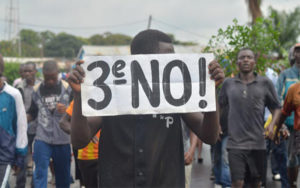
Participants in the anti-President Nkurunziza’s reelection in 2015 in Bujumbura
Since 27 November, Arusha, is hosting the 4th round of the inter-Burundian dialogue under the auspice of former Tanzanian President William Benjamin Mkapa. He was appointed by the East African Community (EAC) Heads of state to solve the Burundi crisis that erupted in April 2015, when President Pierre Nkurunziza officially announced his candidacy for the 2015 presidential election. Some members of civil society and political opponents opposed his reelection saying it was unconstitutional.
As the statement issued by the Office of the Facilitator on 26 November reads, this session is inclusive as it brought together participants from the Government of Burundi, former presidents and vice-presidents, all 32 political parties registered in Burundi and those outside, civil society organizations, women, youth, religious leaders from Catholic Church, Protestant Church and the Muslim Community as well as the Media. “Two week-long session will allow participants to seriously negotiate and reach tangible results,” reads the statement.
Some civil society leaders complain that they have been excluded. Vital Nshimirimana, a human rights activist in exile who participated in anti-President Nkurunziza third-term campaign, says the ongoing dialogue session will not succeed. “This dialogue session is similar to the one organized in Burundi by the National Commission for the Inter-Burundian Dialogue (CNDI),” says Nshimirimana. He also says the mediation invited pro-government representatives of civil society. “Nobody should choose someone to represent us,” he says.
Mediation ignores the crux of the Burundian crisis
For him, the facilitation office has excluded civil society organizations that opposed the violation of Burundi’s constitution and the Arusha Peace Agreement signed in 2000 to end a civil war that broke out in 1993. Nshimirimana accuses Tanzania that is hosting this dialogue session of being hostile to Burundians who fled the country because they were persecuted by the current government of Burundi.
He gives the example of four leaders of the Burundi People’s Forces (FPB) rebel movement who have been missing since October 21 after they were arrested in Tanzania. “Tanzania should not host the inter-Burundian dialogue process,” says Nshimirimana before accusing accuses it of being biased.
Nshimirimana says participants in this dialogue session will discuss the economic problems prevailing in Burundi and the preparation of the 2020 elections, what he refers to as a fraud. “Mediation ignores the crux of the Burundian crisis which is the violation of the Constitution and the Arusha Peace and Reconciliation Agreement,” he says.
Xavier Ndaruzaniye, Chairman of the Human Rights League ‘Izere’ says his organization has not been invited. He refers to the executive secretary and spokesman for the facilitation office as adventurers. “They have never been appointed members of the facilitation by the EAC Heads of State Summit, but they are engaging the facilitation office in a hazardous and dangerous process” Ndaruzaniye told the Ikiriho local newspaper.

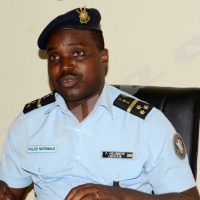
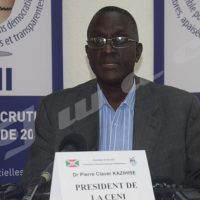
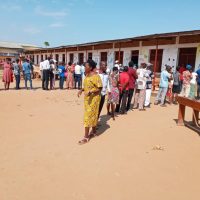
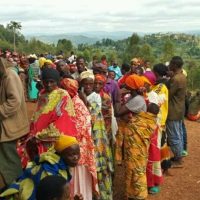
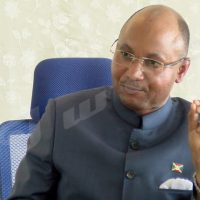













 IWACU Open Data
IWACU Open Data

